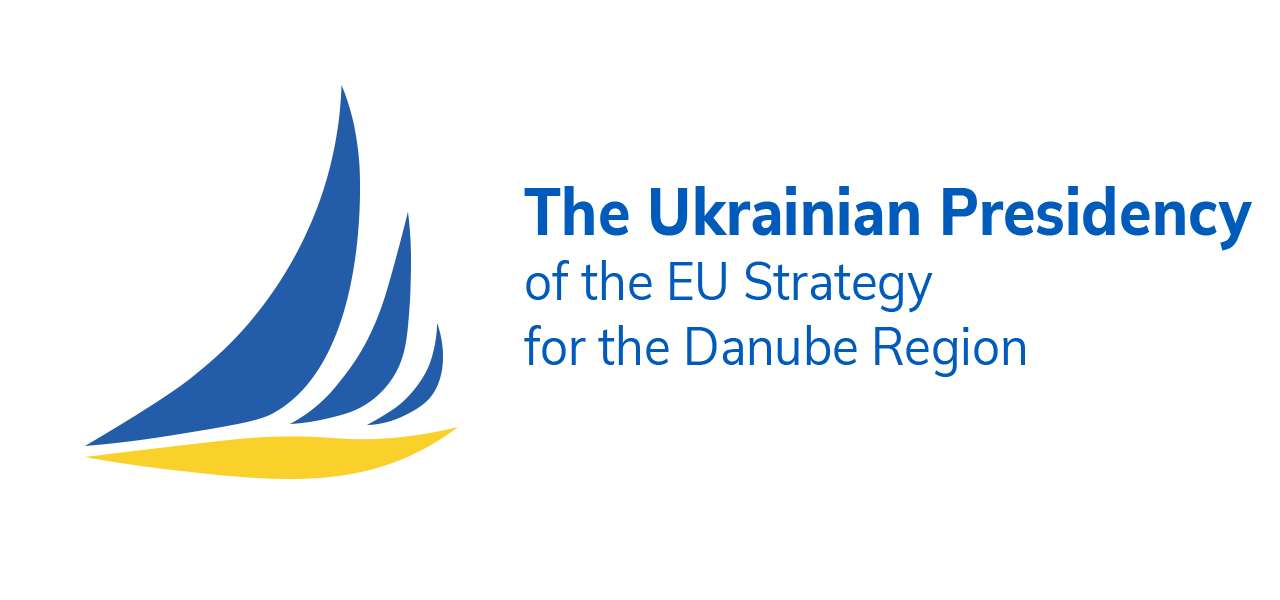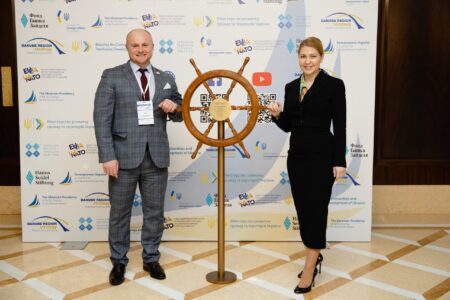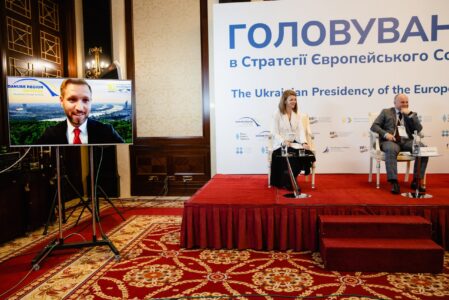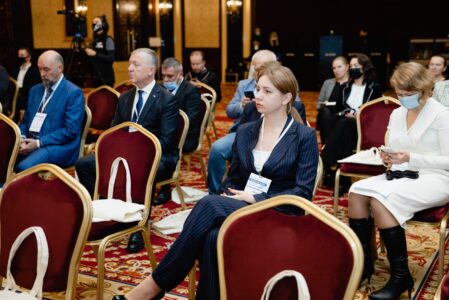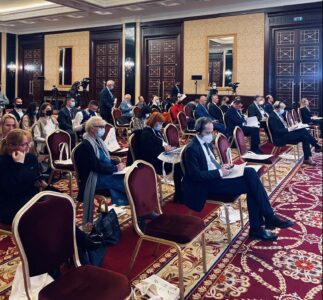Ukraine is the first non-EU country to chair the EU Strategy for the Danube Region from November 2021 to October 2022. The EUSDR Presidency is an important stage in the European integration process of Ukraine that again emphasizes its readiness for the development of fruitful partnerships in the region. On 27 October, at the 10th EUSDR Annual Forum in Bratislava, Ukraine took up the reins of the EUSDR Presidency from Slovakia, the former presiding country.
The year of the EUSDR Presidency acquires significant importance since Ukraine is now given the opportunity to form the agenda of the Danube macro-region in equality with the EU member states, to embody its own interests within the framework of the Strategy and to strengthen cooperation with the EU partners. The Danube Strategy is an excellent format for successful implementation of the European integration vector of Ukraine and enhanced cooperation.
Within the framework of the Ukrainian EUSDR Presidency, the key priorities are “Sustainable Development of the Danube Region: Decarbonisation and Transformation of the Economy” and “Development of human capital and labour markets”.
Goals and objectives of the event:
- to present publicly the Programme for Ukrainian EUSDR Presidency and the scheduled activities;
- to consider the identified priorities for Ukrainian EUSDR Presidency;
- to discuss the Programme for Ukrainian EUSDR Presidency with international partners, Ukrainian ministries responsible for Ukraine’s activity within the EUSDR priority areas, and regional state administrations of Zakarpattia, Ivano-Frankivsk, Chernivtsi, and Odesa regions.
Participants:
- Government officials of the ministries involved;
- Diplomats of the countries participating in the EU Strategy for the Danube Region (Austria, Bulgaria, Germany, Romania, Slovakia, Slovenia, Hungary, Croatia, Czech Republic, Bosnia and Herzegovina, Moldova, Serbia, Montenegro);
- Delegation of the European Union to Ukraine;
- Senior officials of Zakarpattia, Ivano-Frankivsk, Chernivtsi, and Odesa regional state administrations;
- Expert community;
- Press.
Moderator: Nadija Afanasieva, Ukrainian Institute for International Politics




